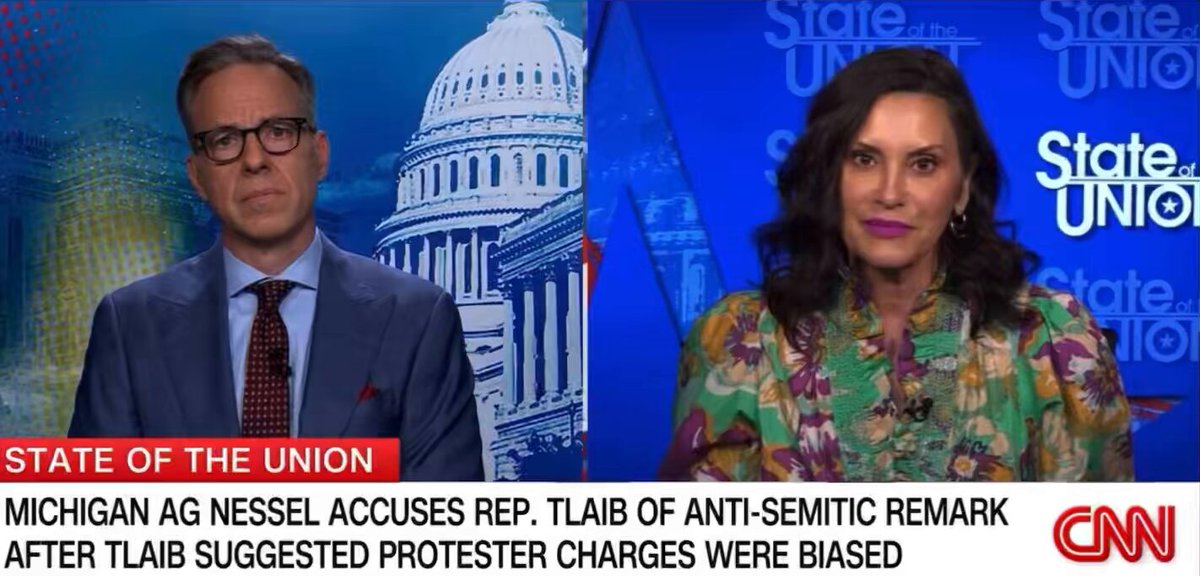Drop Site
@DropSiteNews
·
498d
The statement addresses a public issue by discussing alleged defamation and institutional bias against a public figure, Rep. Rashida Tlaib. It critiques media figures and organizations, suggesting they misquoted Tlaib and highlighting perceived anti-Palestinian bias.
- The statement aims to highlight perceived harm done to Tlaib through misquoting, which aligns with the principle of striving to do no harm. However, it does so by accusing others of defamation, which could be seen as harmful itself.Principle 1:I will strive to do no harm with my words and actions.
- The statement respects Tlaib's dignity by defending her against alleged mischaracterization. However, it accuses Tapper and Greenblatt of engaging in a defamation campaign, which could be seen as a form of public shaming. [-1]Principle 2:I will respect the privacy and dignity of others and will not engage in cyberbullying, harassment, or hate speech.
- The statement attempts to promote understanding and empathy for Tlaib by pointing out perceived bias against her. However, it does so in a confrontational manner, which may not foster empathy or compassion.Principle 3:I will use my words and actions to promote understanding, empathy, and compassion.
- The statement does not engage in constructive criticism or dialogue but rather accuses others of defamation and bias, which can be seen as a form of personal attack. [-2]Principle 4:I will engage in constructive criticism and dialogue with those in disagreement and will not engage in personal attacks or ad hominem arguments.
- The statement exercises free speech by addressing a public issue and using a platform to highlight perceived bias. However, the accusatory tone may not fully align with using the platform responsibly and with integrity. [-1]Principle 7:I will uphold the principles of free speech and use my platform responsibly and with integrity.
